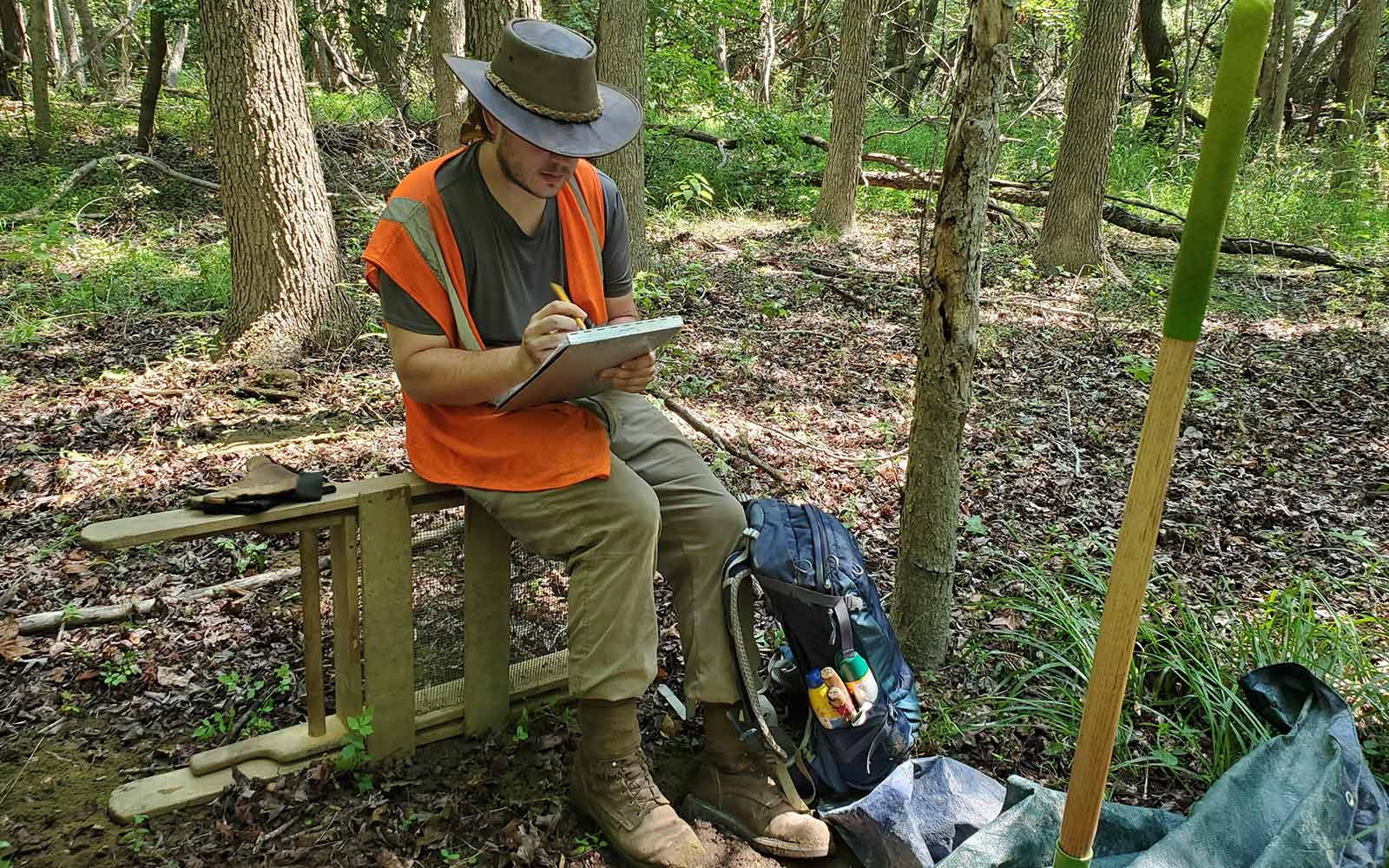Why do you need a degree? To understand why education and training are so important to archaeologists, consider what kind of information archaeologists examine. Each archaeological context is entirely unique and we only get one shot to document it.
At the beginning of an archaeologist’s career, they typically start out a field or lab technician. Technicians work in the field conducting surveys and collecting data, or in the lab to help process artifacts recovered during excavations. Minimum requirements for a field technician are usually a bachelor’s degree in archaeology, anthropology, or a related study, and a field school. Usually, field schools are offered as part of the curriculum in an undergrad program. With field experience, field techs often have the opportunity to grow into the position of crew chief, in which they can lead a crew of other technicians on field projects under the supervision of a more senior archaeologist.
In order to become one of these more senior archaeologists, such as a project archaeologist or lab director, a technician will typically need to get a master’s degree (MA or MS) in archaeology, anthropology, or related fields. Project archaeologists are responsible for planning and directing surveys, analyzing data, and compiling reports. Lab directors process, interpret, and curate artifacts for analysis. Lab directors often work in conjunction with project archaeologists to analyze data and write reports while managing lab staff. Many senior-level archaeologists choose to join the Register of Professional Archaeologist (RPA). The RPA is an organization created to establish universal ethical and professional standards for archaeologists.
The senior-most position in archaeology is the principal investigator (PI), requiring a master’s degree or Ph.D. and usually RPA registration, along with many years of experience. A PI is responsible for overall project management, but is also usually required to know quite a bit about business administration, finances, and law.
Archaeology is a multidisciplinary field that includes a surprising number of research specializations that require specific training and education, such as paleoanthropology (study of early human ancestors), paleoethnobotany (study of humans and plants), zooarchaeology (study of animal remains), dendrochronology (dating technique using tree rings), geoarchaeology (study of geography, landforms, and archaeology), and underwater archaeology (I bet you can guess this one). Some specialists also choose to focus their studies on specific regions or time periods.
At AAHA, our staff includes employees at every stage in their career. We strive to give opportunities to field technicians to gain new skills in the field, lab, and office to become well-rounded archaeologists, including an Educational Advancement Program for our employees in an effort to support continuing education. Our field is subject to a thorough review process at the local, state, and federal level which stresses continuous development in a field that is always experiencing advancements of knowledge, technology, and methods. Continuing education ensures our staff will always be up to date and prepared to employ the most effective approaches to every project.


